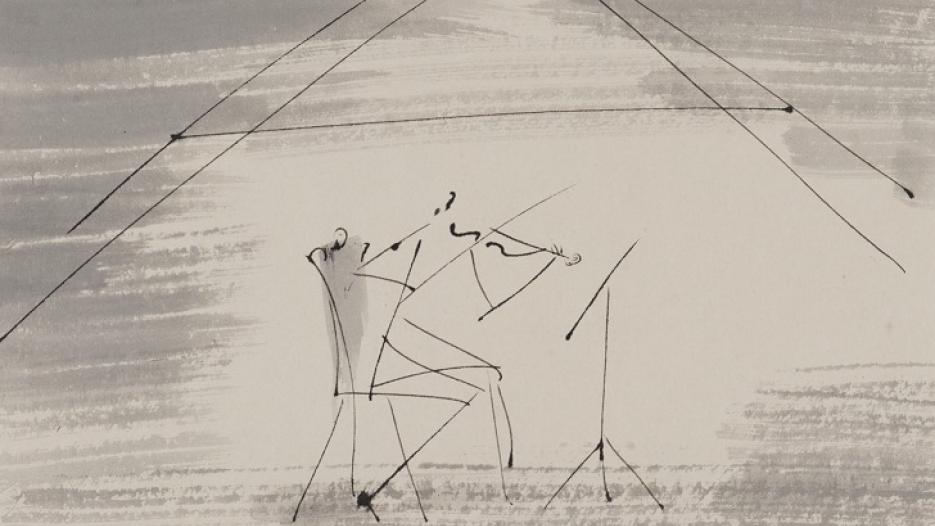
The most important mission of the Gábor Kovács Art Foundation is to explore and present the values of Hungarian art in Hungary and abroad. Art cannot be examined in adequate depth if its significance is only assessed within the bounds of the country. It needs to be “put to the test” on the international scene where outstanding works of Hungarian art are presented to exhibition-goers representing the tastes of different countries.
Hosted by the National Museum of the Republic of Kazakhstan, the show presents an exclusive selection of the masters of Hungarian graphic art from classical through contemporary to the young generations. Through some 150 works by 14 artists, visitors will be offered a colourful impression of the major issues, stylistic trends of Hungarian art, and become acquainted with almost the entire repertoire of traditional European graphic-art techniques.
Through the works of Zsuzsa Péreli, Imre Szemethy, Béla Kondor, Imre Kéri and Márton Takáts, the exhibition will present some outstanding figures in Hungarian literature and history. Péter Prutkay’s graphic works made with a variety of techniques deal with major issues of the 21st century, such as globalisation, terrorism and the endless universe. The young artists (Zsófia Varga, Rita Kesselyák and Rita Koralevics) explore man’s micro-environment in various contexts. István Orosz’s special work is a modern-day reinterpretation of art in the service of technology and mysticism.
The chisel of Miklós Borsos, a classical master of Hungarian art, brings major composers of European music history to life in his bronze medal portraits, while his Indian ink drawings afford an insight into the intimate world of chamber music-making, in a succinct, modern way. The famous graphic artist Lajos Szalay – whom Picasso rightly considered to be the greatest drawer of the 20th century – is represented by a series of horses. The subtle lines that constitute Krisztina Kókay’s Indian ink drawings conjure up the features of forefathers with rustic conciseness.
The works of Tibor Csernus, one of the most important painters by the standards of mid- to late-20th-century art, are part of the show in the form of a “chamber exhibition”, highlighting the fact that these works are more studies and sketches of his major paintings than elements in a series that follow a specific design. Nevertheless, every stroke of the brush or the chalk betrays the excitement of experimenting and testing, in the way that the painter explores every detail and figure for the best position and means of expression.
This exhibition was supported by the Ministry of Human Resources.